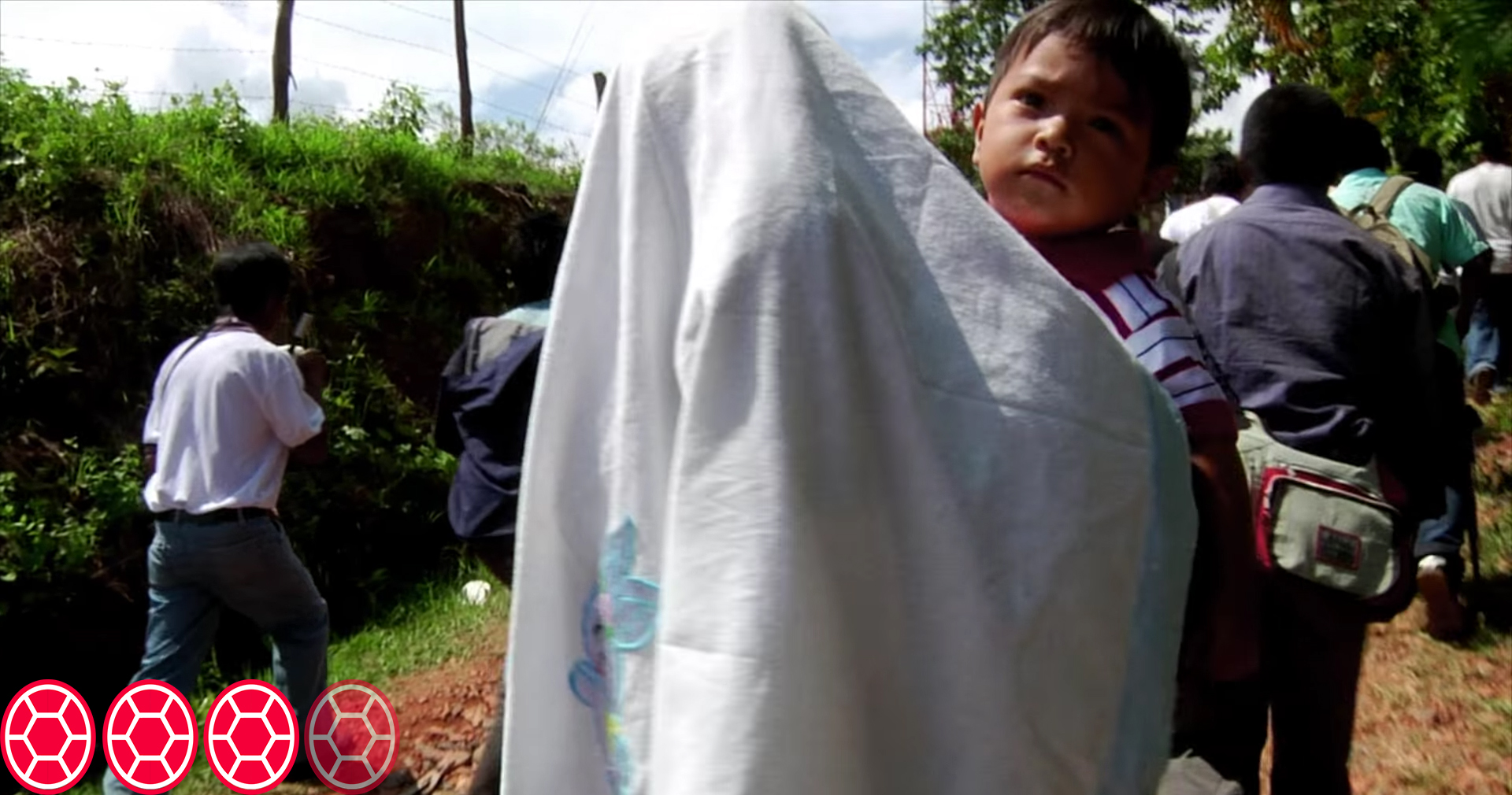In order to protect her identity, we see only her hands. They are enough, though, to show the viewer that this woman is young. She has recently decided she will get an abortion because she already has one child at home and can’t afford another. She’s being interviewed about the experience for a documentary. And after a few questions, she begins to cry. We see only her hands and hear only her sobs until what is almost a whisper comes from behind the camera.
“I am so sorry,” a woman’s voice says. It’s a natural, genuine moment — undeniably human and instinctual — and it will surely be edited out later.
Great documentary filmmakers are supposed to capture life in beautiful and innovative ways. What they are not supposed to do is get in the way. But in a new, striking documentary called Cameraperson from Kirsten Johnson, a cinematographer on some of the biggest non-fiction films of the 2000s, all of the moments that were somehow not perfect enough for those docs are stitched together to form something just as powerful.
Cameraperson is unlike anything I’ve seen, a visual collage that stays with you long after its run time.
It begins with a black screen and white font — a message from Johnson.
“For the past 25 years I’ve worked as a documentary cinematographer,” she said. “I originally shot the following footage for other films, but here I ask you to see it as my memoir. These are images that have marked me and leave me still wondering.”
From here, the film gets off to a confusing, frustrating start. We jump from scene to scene (a format that never changes), all seeming unrelated and many feeling, well, irrelevant. Many of these shots feature beautiful work by Johnson and often some chatter between her and the subject or the director of the film. It’s interesting, just not really a movie.
But if this is a memoir, it makes sense that the connections between moments are never very clear, that there is no real timeline or narrative or plot. Memories don’t work that way. They are elusive and strange. But sometimes they can fall weirdly, perfectly into place.
And that’s what happens here. With time, something changes. We’re still jumping around from moment to moment, but the scenes and their importance become clearer. The emotion of everything also begins to set in and the film morphs into something extremely poignant and affecting. That random family from Bosnia? Eventually they feel like old friends. The Nigerian nurse from the beginning? She returns in a scene to leave you short of breath. It all makes sense somehow.
Cameraperson is not only about this woman’s life through movies; It’s about her craft of movies. What is the cost of telling these stories? To go to these places and capture these moments? Can you ever really separate yourself from the process of creation in a medium that is so intimate?
The beauty of this film is that it can touch on themes as broad as these (and even broader), without ever making its intentions completely clear. More than any documentary I’ve seen, Cameraperson simply lays out what it has to offer and then backs away, letting you decide what to do with it. The best part is, no matter how you put those pieces together, there are still moments in this movie that will get to you. They are seconds or minutes of real feeling, unstoppable in their impact like a runaway train or a triggered memory.
3/4 Shells



